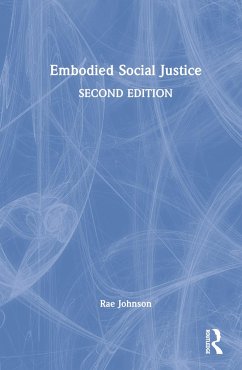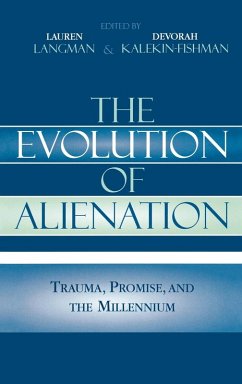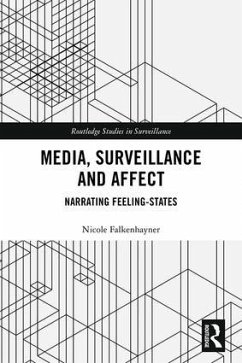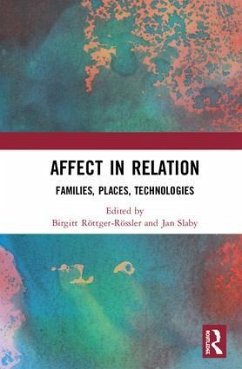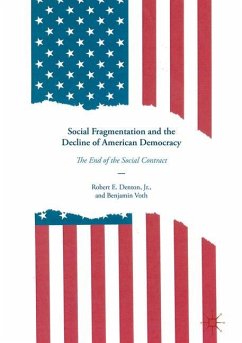
Alienation and Affect
Versandkostenfrei!
Versandfertig in 1-2 Wochen
190,99 €
inkl. MwSt.
Weitere Ausgaben:

PAYBACK Punkte
95 °P sammeln!
Alienation has objective, social causes, yet manifests as subjective, emotion-laden experience. Alienation, Adaptation and Affect analyses the ten kinds of alienation that are linked to specific primary, secondary, and tertiary emotions, synthesizing alienation theory and the sociology of emotions. The advancements the book addresses will benefit social psychiatry and sociology, and will resonate with large segments of contemporary populations experiencing alienation firsthand.





